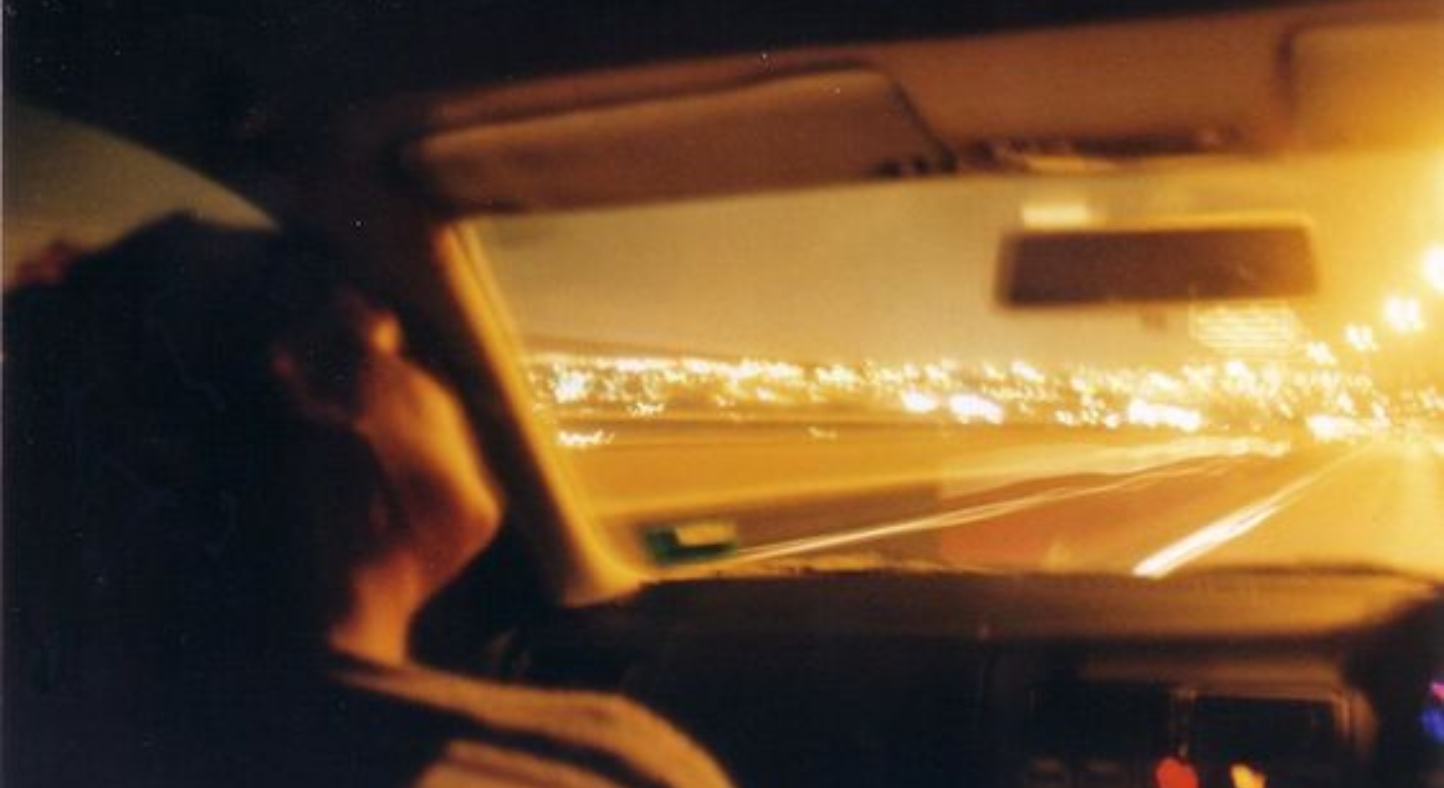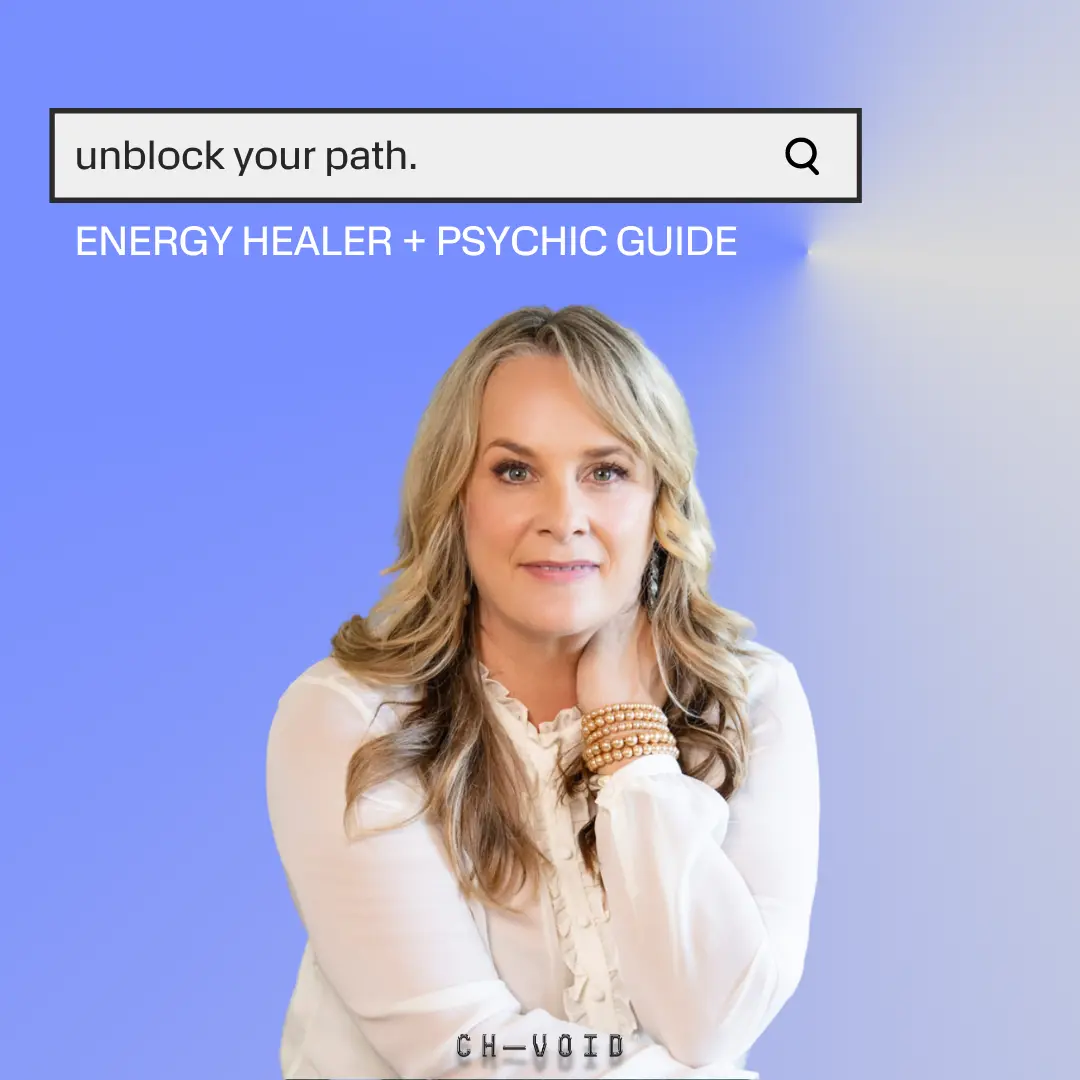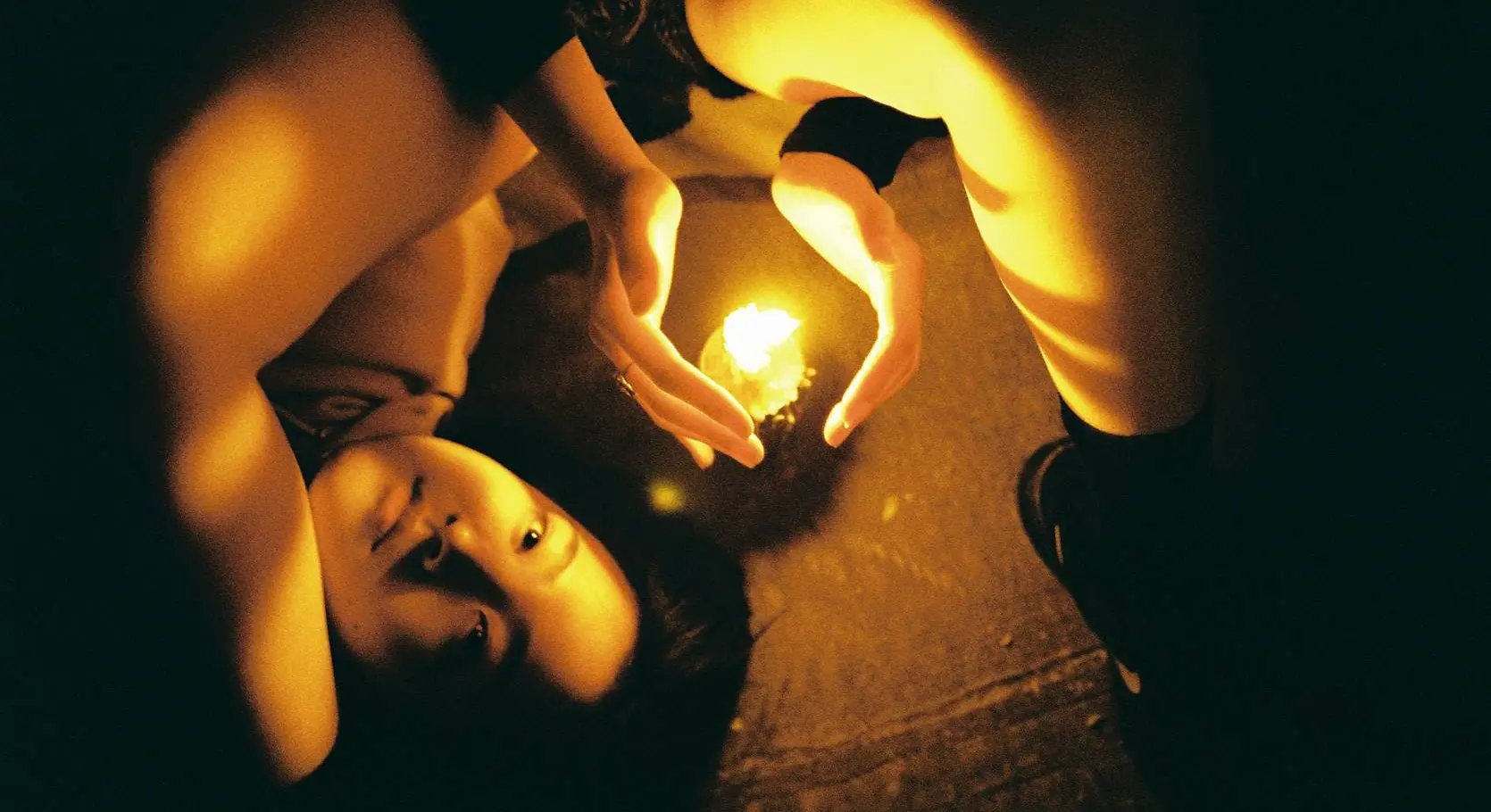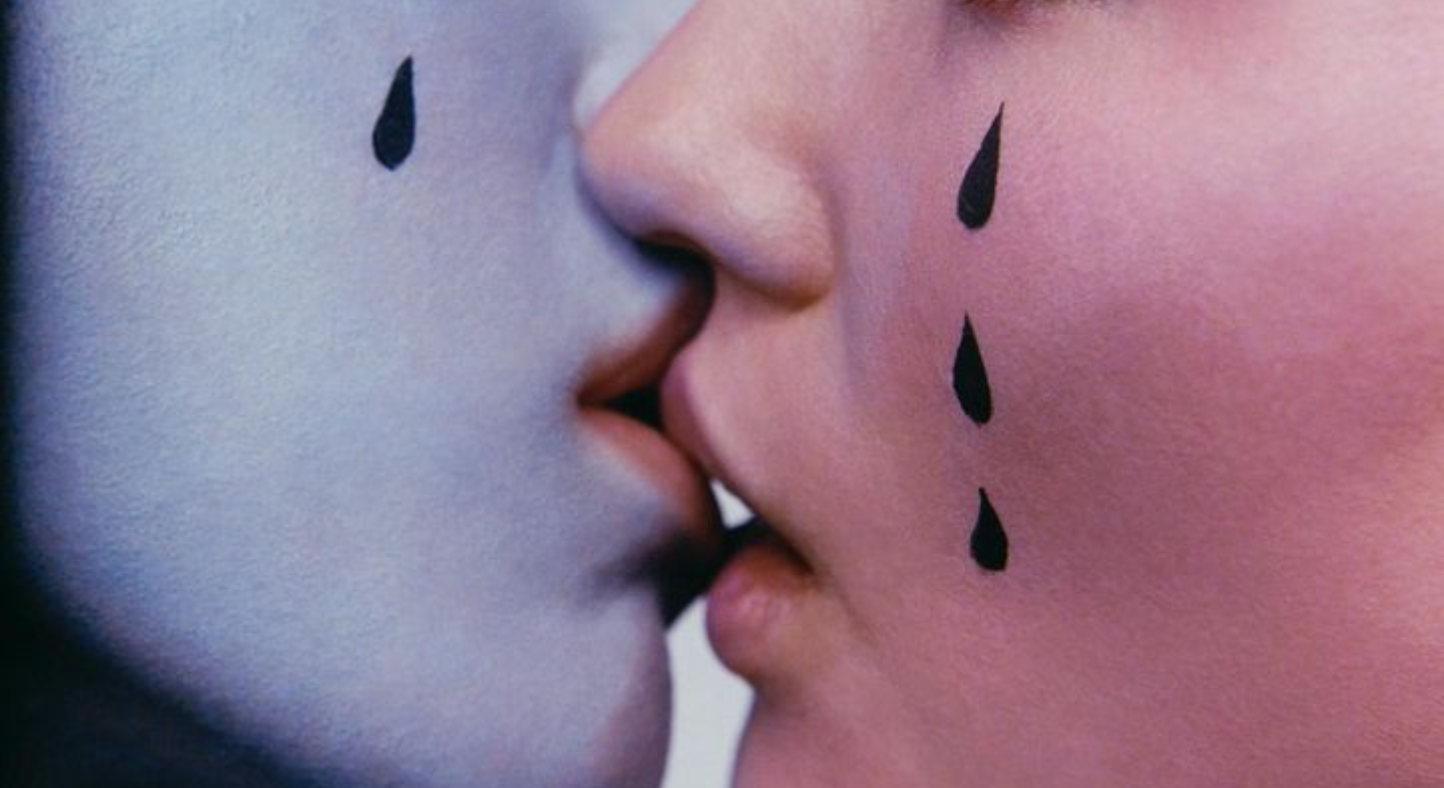Apples never fall
Are we destined to repeat the mistakes our parents made?
Everyone has their own interpretation of how they were raised, whether they grew up in a healthy home, surrounded by positive role models – or not.
Although individual circumstances will always differ, there’s no denying that most parents are just trying to do the best they can with the tools they’ve got. Raising us, their children, in accordance with their own morals, beliefs and values. But their connection with each other can also have implications on our growth and development. Put simply: relationships, especially between parents, can heavily affect their kids.
For me, this was the case.
The dynamic between my parents, and how this changed overtime, played a significant part in my childhood. I mean, isn’t that the same for everyone? My mother is from Sri Lanka, born and raised in Colombo, where culture, religion, and family are the main principles governing society. On the other hand, my father was born in England and raised in Sheffield with the ideal that a good education and financial stability were the key factors to a successful life. Two very different people.
I’ve always tried to understand the relationship between them; what drew them to each other. It’s complicated. To give you an idea, ever since I was young they would fight, clashing on everything from whether we should pray before a meal, or eat with or without cutlery. Even discussions around what type of clothing we would wear would cause issues, what access we had to technology, and how we would be disciplined. These are just memories off the top of my head. Reflecting on it now, my recollection of times where both of them were together is limited, and when I can remember, it’s for all the wrong reasons.
I was born in Sydney but moved to Byron Bay when I’d just turned one. My parents got a divorce when I was five, roughly a year after my younger brother was born. Dad was a journalist who flew out to Sydney and Melbourne multiple times a week, so just like many other kids from broken homes, I would only see him occasionally on the weekends.
I spent most of my childhood years with mum. After the breakup, my parents had no relationship with each other whatsoever. At first, dad wouldn’t even drop us at the driveway to her house, we would have to walk up the road. They blocked each other on all forms of communication, divvied up groups of friends and practically started new lives. At first, I found it really hard to adjust. Due to them refusing to speak to each other, organisation around everyday life – school, sport, etc – was left up to us. They would fight through us.
Despite being so young, I was really frustrated by this. It made me sad. As a kid, you are oblivious to what’s playing out behind the scenes; you’re just going off what you see. I had no idea that during this time dad had been diagnosed with Leukemia, so between navigating work he was in and out of hospital getting treatment. I remember feeling confused as to why I would come home from school early and he’d be asleep on the couch. Why most nights he couldn’t be bothered to cook, so we made ourselves cheese on toast. Why he constantly looked tired. Wasn’t this just part of life as an adult? Clearly not. It still hurts me that at the time, I didn’t take notice of such clear signs.
Switching between households was also stressful. We quickly learned to adopt certain habits and qualities that aligned with each parent, however contradicting. It’s kinda like being introduced to a new group of friends every weekend: you adjust your personal beliefs for the sake of the social situation. I wasn’t conforming to what they wanted me to be, exactly. It was more of an acquiescent change. I didn’t want to protest because I didn’t want to add to the friction. The idea of being accepted overcame my need to be heard.
I carried the burden of stress and anxiety; their stress and anxiety. I spent excessive periods of time locked in my room alone, in what felt like my only security. I really found myself there. Weed probably helped with that. It felt weird confiding in close friends about the situation as it was really different from their experience of family. I mean props to their parents – holding onto marriage in the 21st century is a task only a few of us can overcome. Research says that 41 percent of all first marriages don’t work out.
I don’t want to sound like a victim: the fact that they chose to separate was a blessing. Well, for mum and dad anyway. And I also understand that divorce is a common theme in this day and age. But as much as I love my parents, I have tried hard to carve out my own identity and choose a different path in which to follow.
The thing is, being young it’s impossible not to idolise them, or at the very least replicate their actions and character. Sometimes I catch myself leaning towards similar perspectives on topics, or acting out of emotion in similar ways. It’s only once the issue is resolved or the experience passes that I can draw comparison to how they would have acted. Hearing the phrase, “you’re just like your dad” – that one really gets to me.
Obviously, I’m only highlighting the negative aspects of how their relationship affected me as an individual. It wasn’t all like this – there were fun, positive, and joyful moments as well: going to the beach, going out for dinner, and the occasional holiday. But it is the self-resilient and identity-building characteristics that I was forced to adopt as a result of their differences that have made me who I am.
Regardless of what happens, they’ll always be my parents. It’s a two-way street of unconditional love and you must accept the way in which things happen, regardless of the outcome. That’s life, right?





















